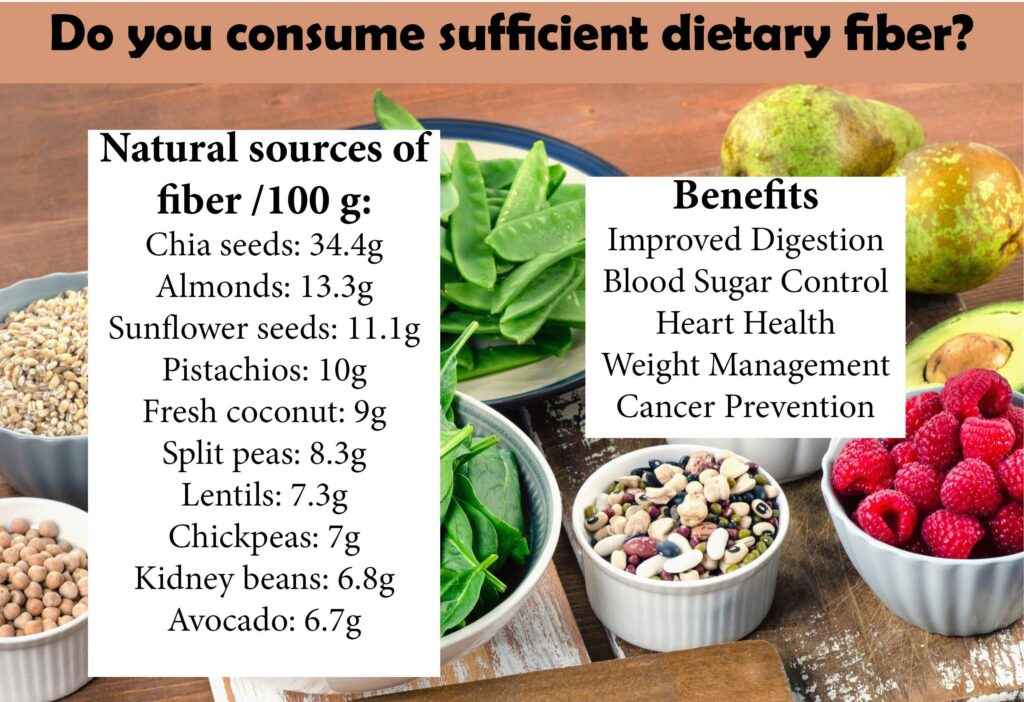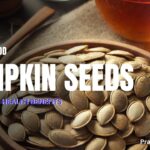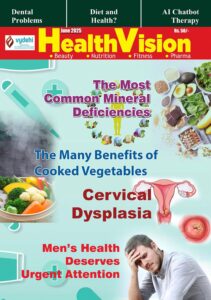Do you consume sufficient dietary fiber? Fiber help to fight diabetes and cancers, also has a major role in cardiovascular and digestive health.


According to Indian council of Medical Research, based on energy intake fiber requirement is about 40 grams per 2000 calories daily. In fact, fiber are carbohydrates that humans cannot digest. Hence excess intake around 60 grams over a day, can reduce the absorption of nutrients and may cause diarrhea and irritation in the bowel.
Fiber is crucial for regular bowel movements, controlling cholesterol and blood sugar levels, increasing friendly gut bacteria and preventing chronic disease. There are huge variety of dietary fibers found naturally in plant foods. Based on physical properties dietary fibers are classified as soluble and insoluble, and both are essential for us.
Soluble fibers dissolve in water and forms a gel-like substance. This gel helps in the growth of healthy bacteria and reduce cholesterol absorption. These fibers help to reduce glucose absorption into the bloodstream and control blood sugar levels. Eating more fruit, oats, beans and barley is the best way to add soluble fiber in your diet.
Whereas insoluble fiber does not dissolve in water. So it is important to increase your fluid intake when you consume more insoluble fiber. Without fluid, the fiber stays hard and may cause constipation. Eating vegetables, seeds and nuts is the best way to add insoluble fiber in your diet.
Its healthier to get fiber from natural food than from supplements. Because foods high in fiber also have plenty of vitamins and minerals needed for us to stay fit. Here are some top sources of fiber with its fiber content
| Sl.No | Fruits and vegetables | Per 100 grams | Sl. No | Fruits and vegetables | Per 100 grams |
| 1 | Chia seeds | 34.4g | 14 | Artichoke | 5.4g |
| 2 | Almonds | 13.3g | 15 | Blackberries | 5.3g |
| 3 | Sunflower seeds | 11.1g | 16 | Brussels sprouts | 3.8g |
| 4 | Pistachios | 10 g | 17 | Pears | 3.1g |
| 5 | Fresh coconut | 9 g | 18 | Carrots | 2.8g |
| 6 | Split peas | 8.3g | 19 | Beets | 2.8g |
| 7 | Lentils | 7.3g | 20 | Quinoa | 2.8g |
| 8 | Chickpeas | 7g | 21 | Bananas | 2.6g |
| 9 | Kidney beans | 6.8g | 22 | Broccoli | 2.6g |
| 10 | Avocado | 6.7g | 23 | Sweet potatoes | 2.5g |
| 11 | Walnuts | 6.7g | 24 | Apples | 2.4g |
| 12 | Raspberries | 6.5g | 25 | Blueberries | 2.4g |
| 13 | Pumpkin seeds | 6.5g | 26 | Strawberries | 2g |
Why we must add more fiber to our diet?
• Fiber improves and accelerates digestion, thus reduce constipation. But also remember to take more fluids, without which the fiber stays hard and may rather cause constipation.
• High-fiber foods comparatively have low glycemic index than refined carbohydrates. The gel generated from soluble fiber reduces absorption of sugar by the body. It controls blood sugar level and reduce the risk of diabetes.
• Converted gel from soluble fiber removes excess cholesterol from the body. So high fiber food prevents cholesterol absorption from being absorbed into the body and reduces the risk of heart attack.
• It plays a major role in weight control. Converted gel stays in the digestive tract for a long period and decreases hunger. It therefore reduces the excess amount of food intake. Additionally, some research advocates that adding more dietary fiber indeed lowers calorie intake and controls weight gain.
• As per research, every 10 grams of fiber consumed decline 10% of colorectal cancer risk and 5% decline in breast cancer risk. Because fiber has phytochemicals, anti-cancer and antioxidants properties.













